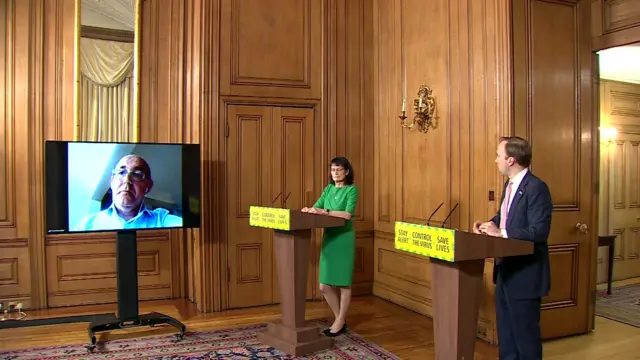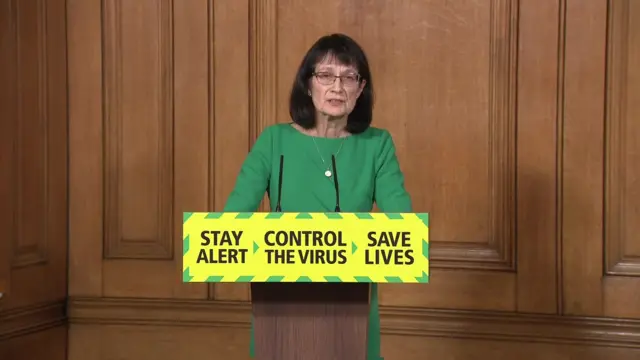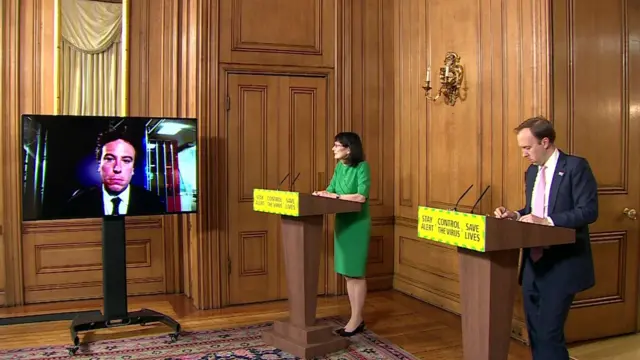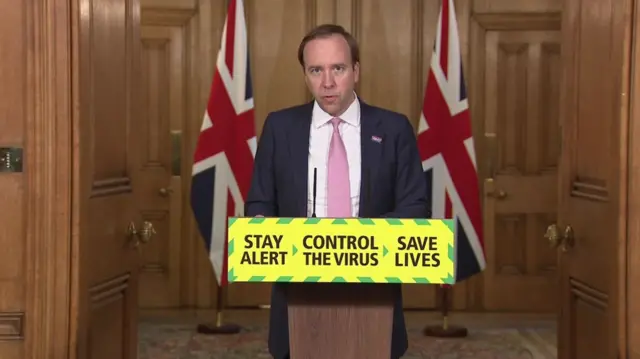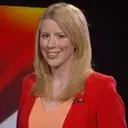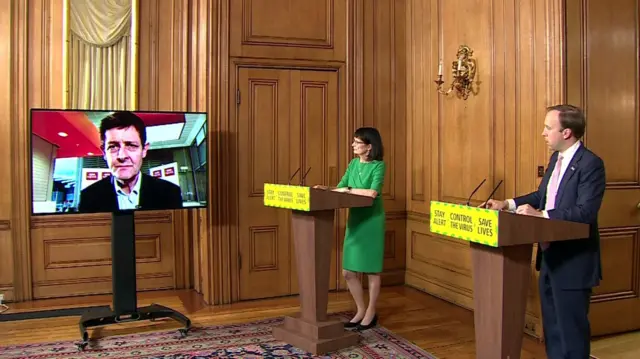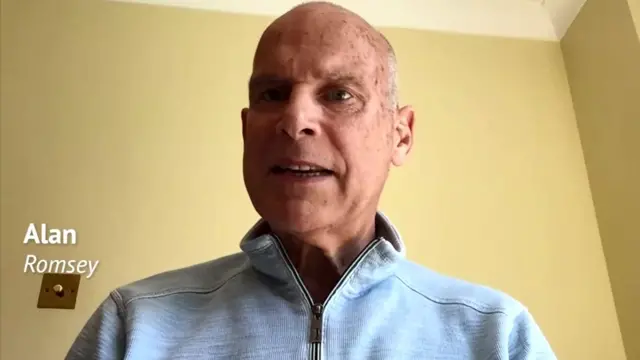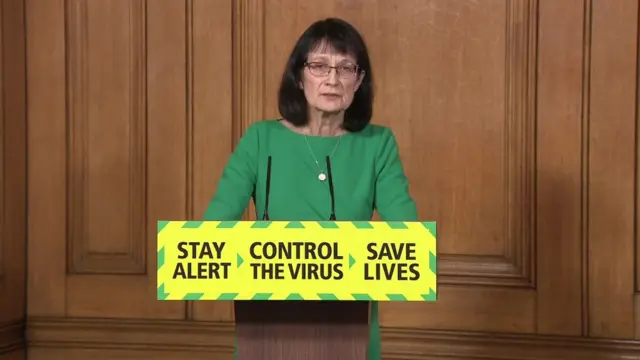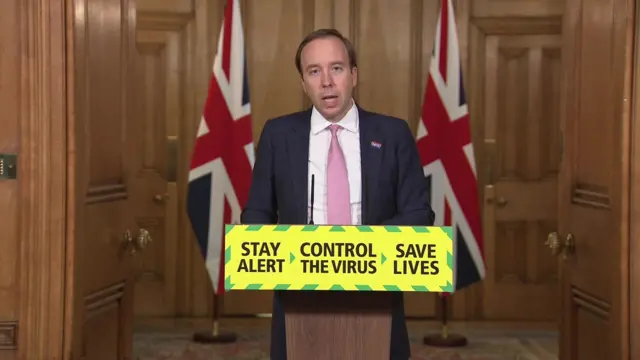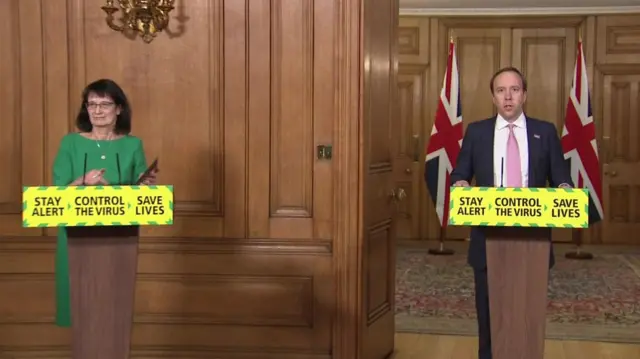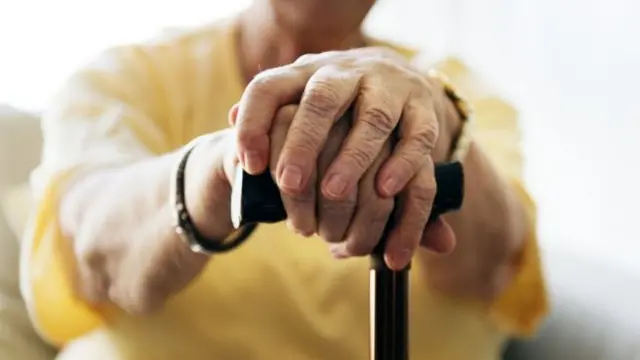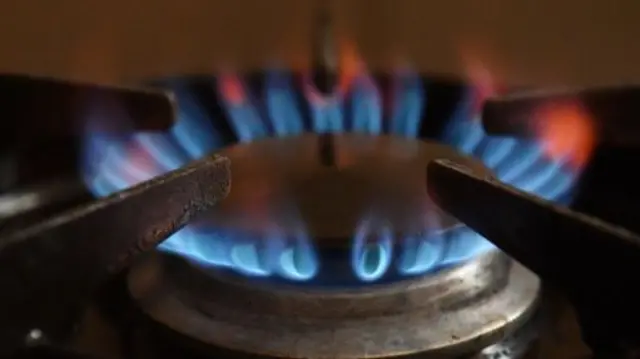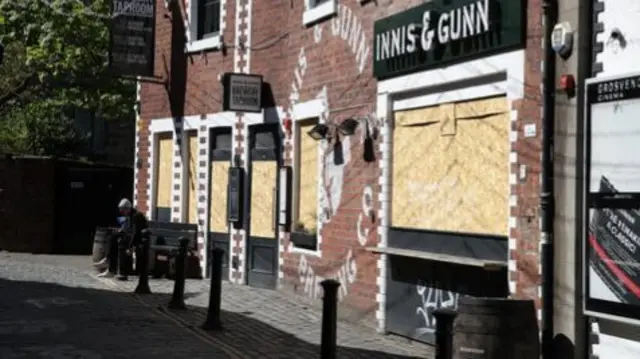Reassurances needed as shielding endspublished at 17:46 BST 22 June 2020
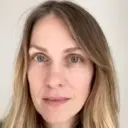 Michelle Roberts
Michelle Roberts
Health editor, BBC News online
England's deputy chief medical officer Dr Jenny Harries acknowledges that many people will be frightened and anxious by the changes and will need reassurances.
Charities are concerned that certain key support measures – such as food packages and Statutory Sick Pay – will be taken away prematurely, forcing people to choose between their financial security and their health.
Without this help, and with many people still terrified of infection, for some the idea of normal life returning will feel more like a threat than an opportunity, says the MS Society.
From 1 August, individuals who are currently shielding will be able, and some expected, to return to work if they cannot do so from home.
They will no longer be eligible for sick pay, unless they are ill and unable to work.
But the government insists people will retain their priority for supermarket delivery slots, and will still be able to access help with shopping, medication, phone calls and transport to medical appointments.
